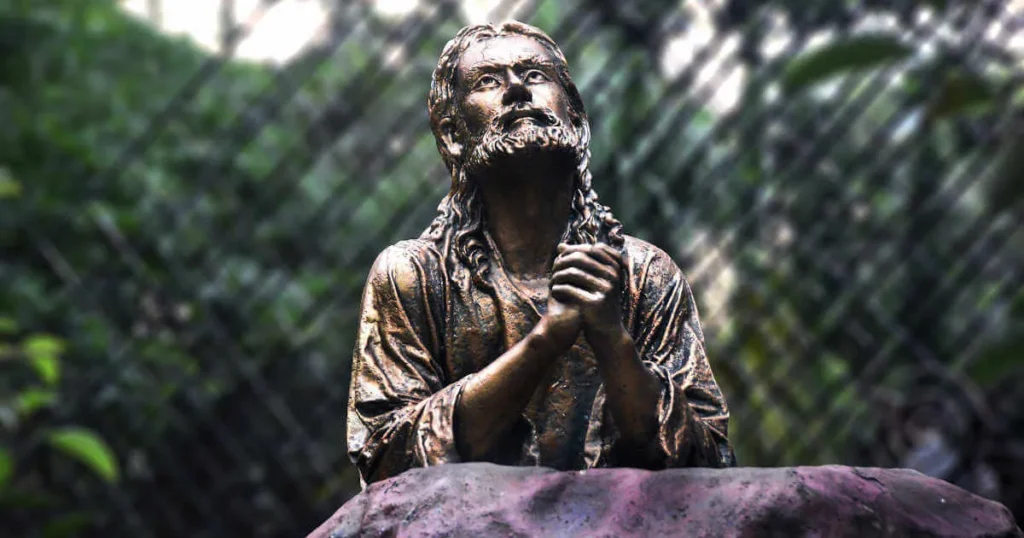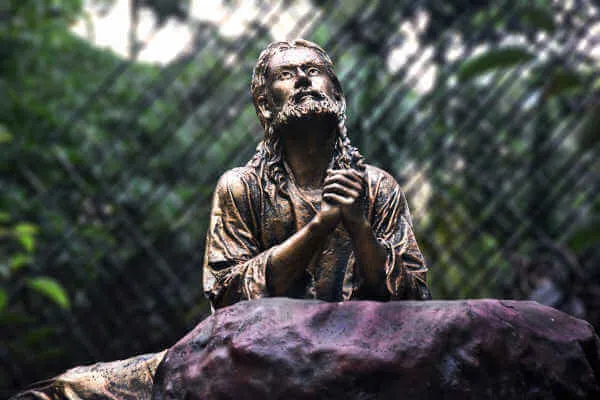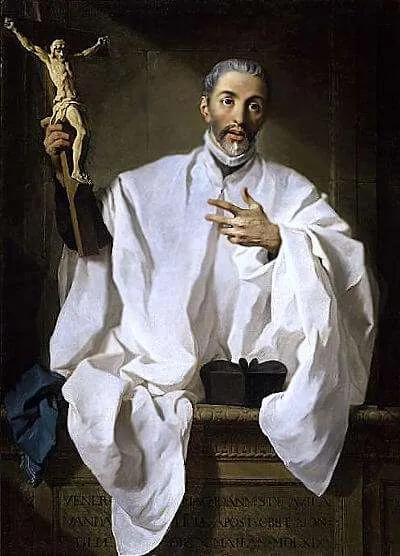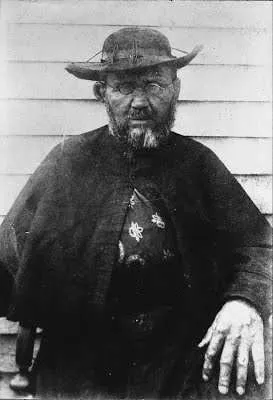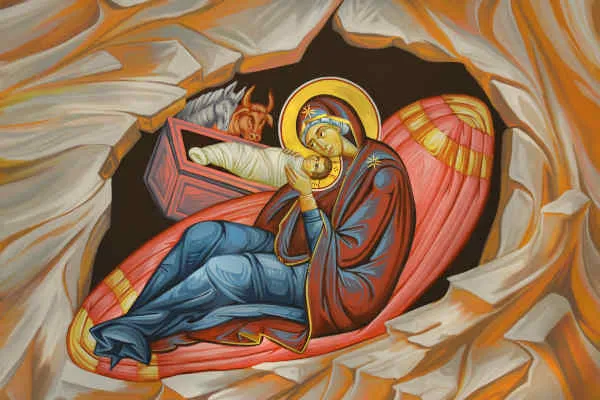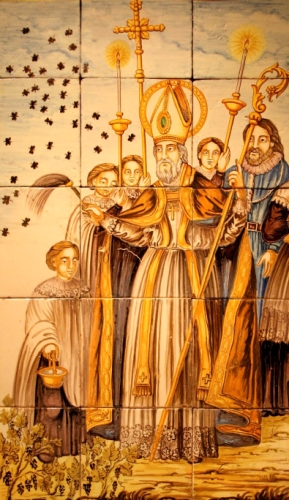John 16:33
Peace? Or the World?
“I have told you this so that you might have peace in me. In the world you will have trouble, but take courage, I have conquered the world.”
Reflection:
What did Jesus tell His disciples that produced the “peace” of which He spoke? He is especially referring to His entire Last Supper Discourse from which we have been reading. The words spoken throughout this discourse are meant to give the disciples, and us, “courage” and the ability to conquer the trouble imposed upon us by the world.
Throughout Jesus’ discourse, He especially points to the unity He has with His Father and the fact that if we stay united with Jesus, we will also be united to the Father. He spoke of Himself being the vine and us the branches who must remain firmly attached to Jesus. He spoke of this being possible only by the coming power of the Holy Spirit Whom He will send. And He spoke of the hatred that the world has for all who remain firmly grounded in the Truth. Therefore, if you are one who seeks to remain deeply rooted in Christ, filled with the Holy Spirit and separated from the deceptions of the secular and un-Christian world, then Jesus is clearly speaking to you.
In this passage above, Jesus identifies one gift that will help us on this journey. This particular gift is the gift of His peace. Peace is the ability to remain calm and focused in the midst of any and every “trouble” we encounter. The trouble that Christians will especially face are the various persecutions of the world when we live in accord with the Truth. And though there are many moral truths presented clearly by our faith that the world attacks, there are also other forms of troubles we will encounter within the world today.
One of the most manifest troubles inflicted upon many by the world comes in the form of constant visual, auditory and mental stimulation. Our world is a noisy world. Modern electronics, the mass media, commercials, radio, Internet, social media and so many other parts of our daily life have the subtle effect of distracting us, stimulating us and stealing away the peace of Christ.
Consider, for example, the idea of entering into the silence of a retreat for a day, or two, or longer. How would you handle turning off your smartphone, tablet, computer, television and radio for an extended period of time? Would you go through a form of withdrawal? Many today would indeed find this difficult. And the reason for this is that the “peace” of which Jesus speaks is slowly dwindling in the lives of many. Instead of God’s peace, we are filled with constant noise, commotion and activity. This is the “world” attacking us and stealing the peace God wants to bestow.
Reflect, today, upon the exceptionally important truth—that Jesus wants you to know His peace in your heart. And He wants that peace to sustain you. Reflect upon the interior battle that may take place within you between the world and the peace of Christ. Who is winning that battle for your soul? Is there more of the world or more of the peace of Christ reigning within you? Seek out the peace that only Jesus gives, and, as you discover His peace, you will also discover the source of that peace: Jesus Himself.
Source: https://catholic-daily-reflections.com/2024/05/12/peace-or-the-world-3/



